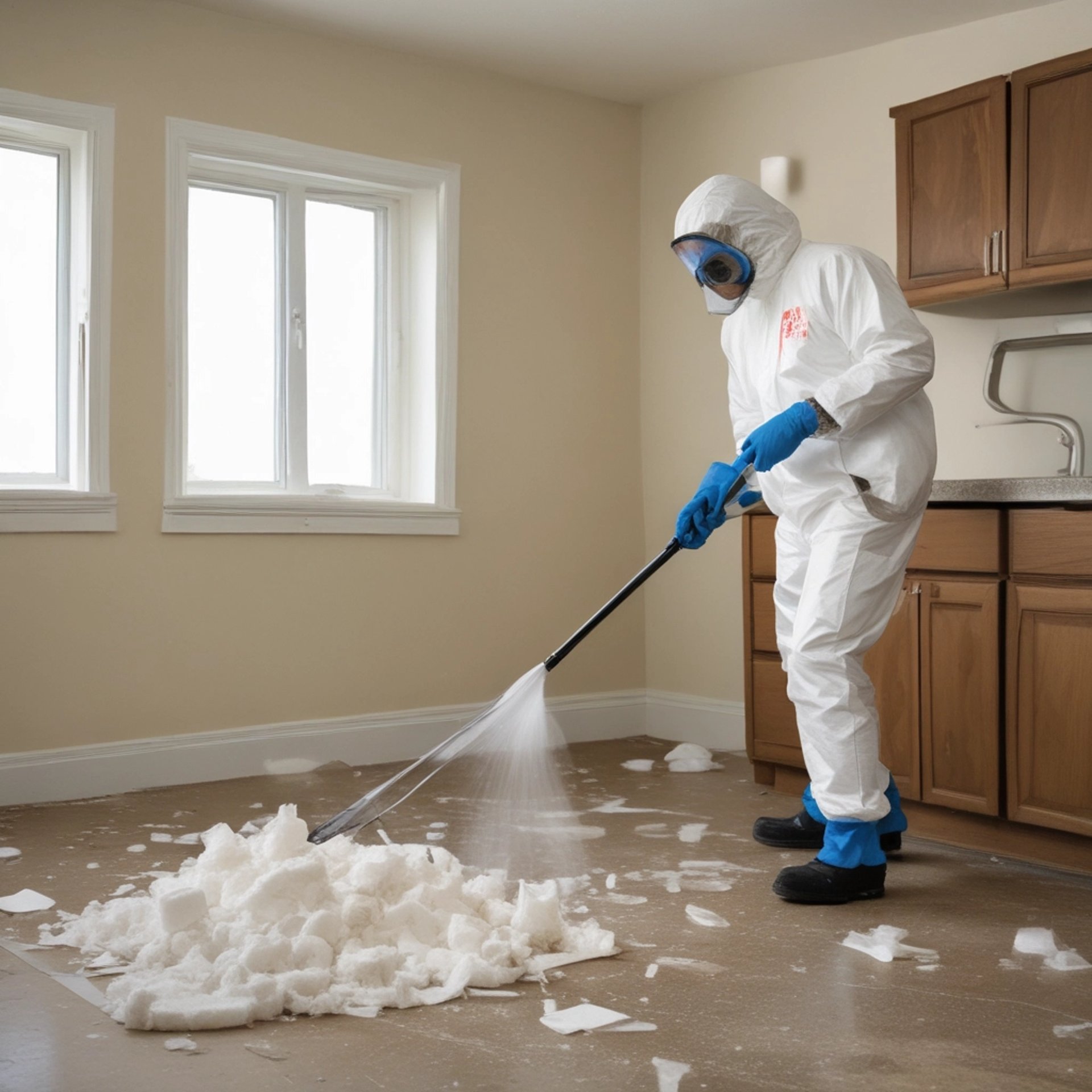
What Is Meth Mitigation and Why It Matters for Your Property
Meth mitigation protects your property and health by removing contamination that can’t be seen or smelled. Here’s what it means and why it matters.
J.I
2/7/20252 min read
When you hear the words “meth contamination,” it might bring to mind a dramatic scene from a crime show. But the truth is, meth residue is often invisible, odorless, and much more common than people realize. It can linger on walls, carpets, furniture, and air vents—posing risks long after the people who used or made meth are gone. That’s where meth mitigation comes in.
What Is Meth Mitigation?
Meth mitigation is the process of identifying, managing, and safely removing meth contamination from a property. It goes beyond basic cleaning. Certified specialists use specialized tools, testing equipment, and cleaning agents to bring surfaces back to safe levels, often based on state or federal health standards.
Why Standard Cleaning Isn’t Enough
Meth residue sticks to porous materials and hides in hard-to-reach areas. Air fresheners or general-purpose cleaners can cover up the smell or appearance, but they do not eliminate contamination. That’s why meth mitigation must be handled by professionals trained in environmental hazard control.
Why Meth Mitigation Matters
Health Risks: Residue can cause skin irritation, nausea, headaches, and breathing problems. Children and the elderly are especially vulnerable.
Legal Issues: In many states, landlords and sellers are required to disclose known contamination. Failing to do so could lead to lawsuits or fines.
Property Value: Contaminated homes are harder to sell, may fail inspections, or require expensive repairs down the line.
Peace of Mind: Knowing your space is clean and safe isn’t just good for resale—it’s good for the people living or working there now.
Who Should Consider Meth Mitigation?
If you suspect a property may have been exposed to meth, the first step is testing. A licensed meth mitigation company can evaluate the property, provide a detailed report, and guide you through cleanup and clearance testing. The sooner this process begins, the easier it is to manage costs and protect occupants.
Landlords who had tenants suspected of drug use
Buyers interested in homes with unclear rental histories
Sellers wanting to improve resale value
Property managers responsible for tenant turnover
Families noticing unusual health symptoms after moving in
How to Get Started
Meth mitigation isn’t about panic. It’s about prevention. Left untreated, meth residue creates long-term health and legal problems. By addressing contamination early, you protect your property and the people inside it.


Our team focuses on addressing the serious dangers of meth contamination. We specialize in safe and thorough remediation, removing harmful toxins that jeopardize health and safety, and restoring properties to a condition you can trust.
FAQs
